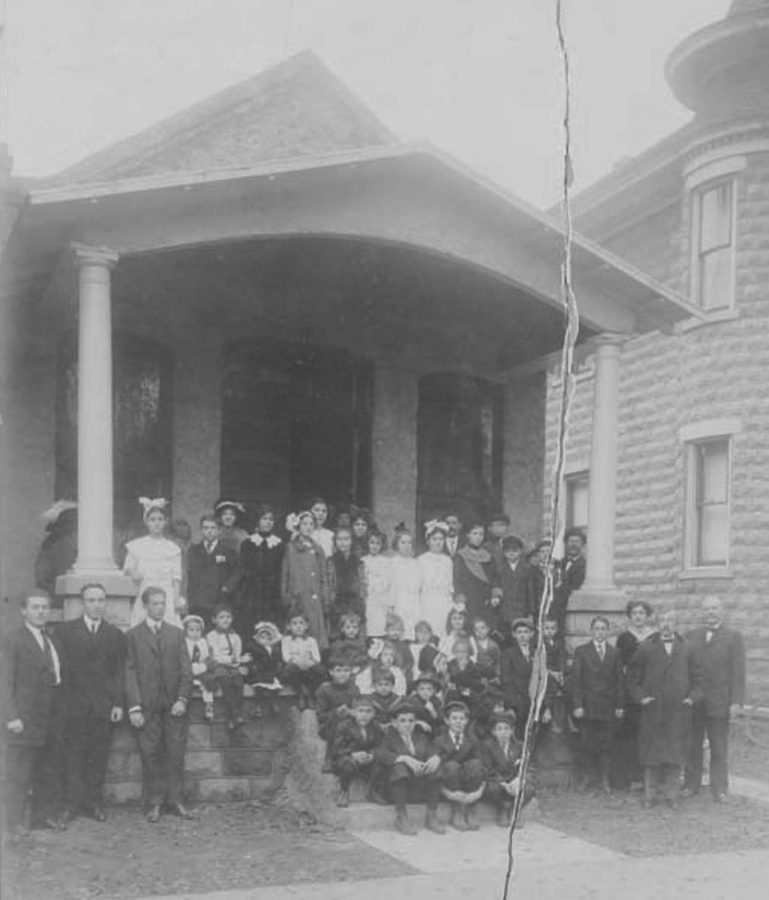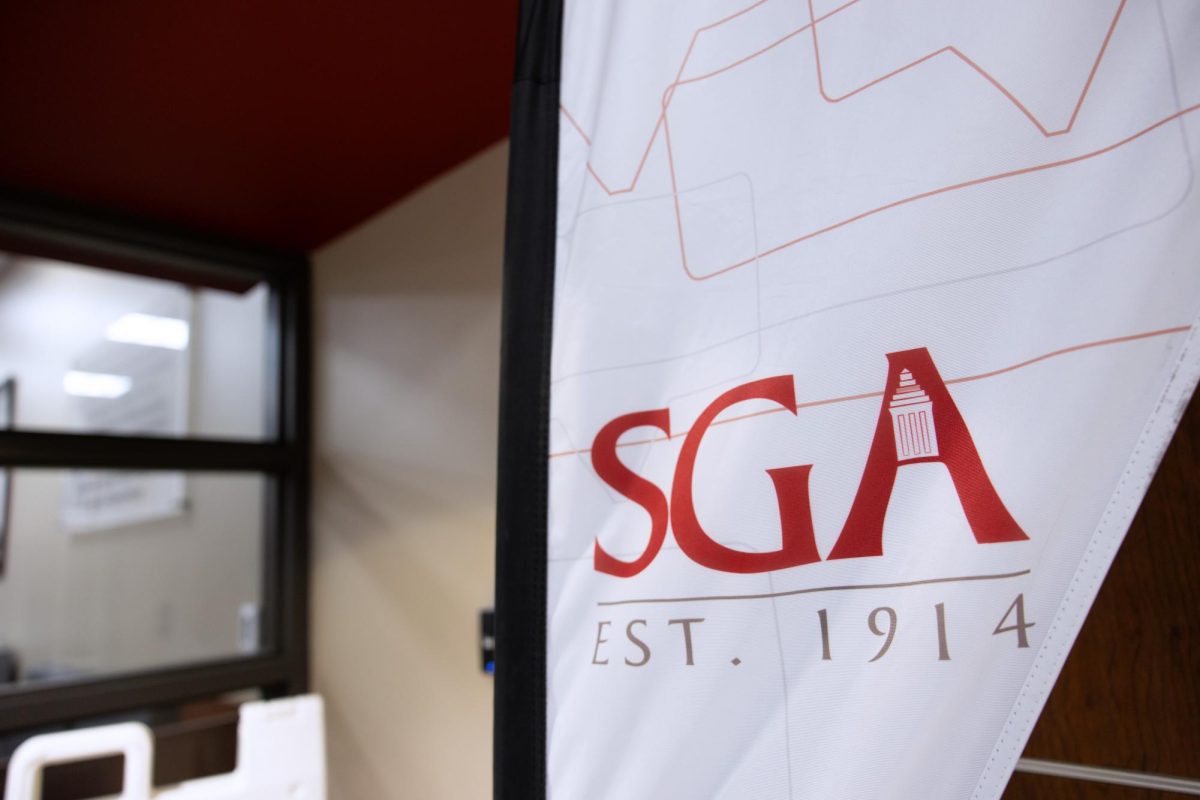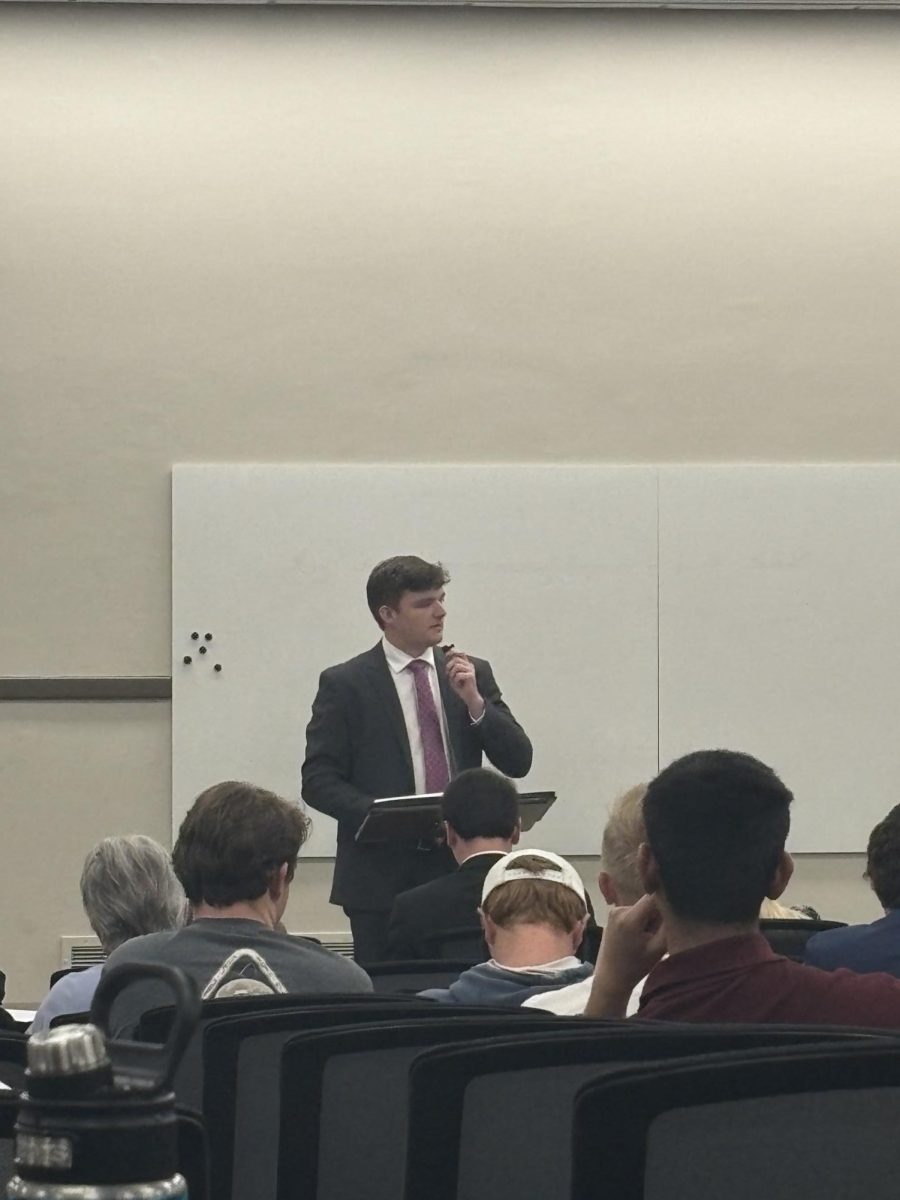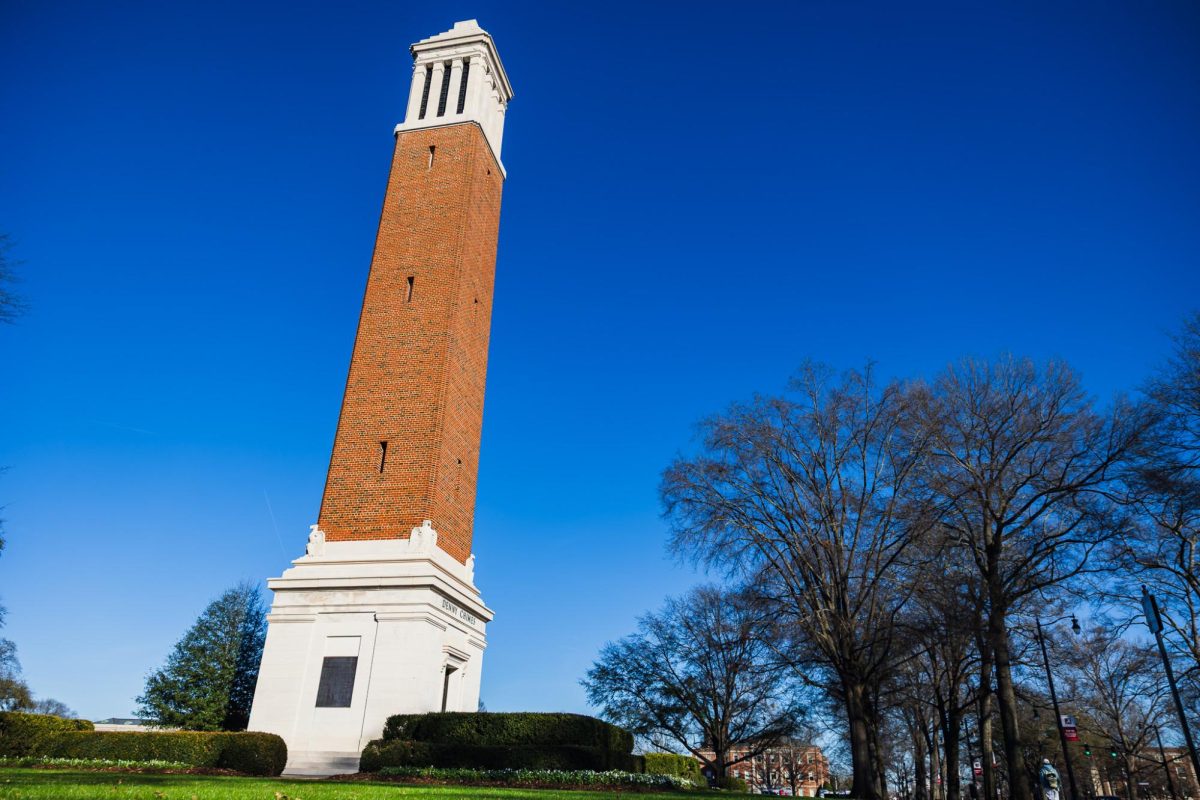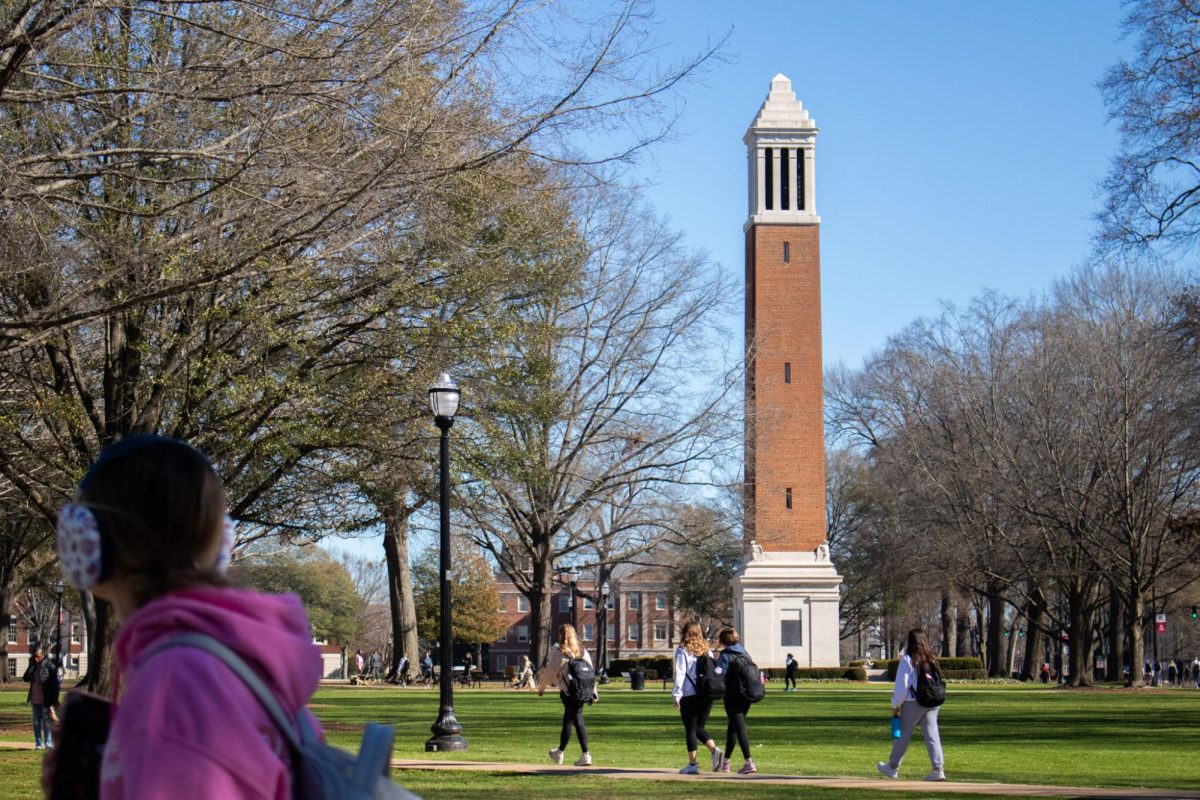The first dedicated Jewish Temple in Tuscaloosa has been slated for destruction by the City Council . The original Temple Emanu-El sustained damages to its roof, floor and walls during the April 27, 2011, tornado.
Anna J. Singer, co-president of Temple Emanu-El, said the synagogue became the first dedicated space for the Jewish community in Tuscaloosa to gather more than 100 years ago.
As the Jewish population grew in the early 1900s, it became apparent the congregation would have to relocate to accommodate a larger number of people.
In 1953 the original Temple Emanu-El building was sold by the congregation to PE LaMoreaux and Associates, an environmental engineering firm. The building has been used as a conference room and library since then.
“It was our first synagogue, so we have an emotional attachment to it, but we haven’t owned it since 1953,” Singer said.
At the Oct. 9 City Council meeting, the council voted to demolish the building, citing it as a public nuisance. According to Singer, it is the owner’s responsibility to repair the damages to the building, and he should have dealt with the damages right after the storm.
“We hope that the owner, that is to say PE LaMoreaux and Associates, will do what it should have done 18 months ago and rehab it,” Singer said. “It hasn’t been our responsibility to take care of the building since 1953.”
Since moving out of the building in 1953, the Temple Emanu-El congregation has been housed in three different buildings. In 2007, University of Alabama President Robert Witt invited Temple Emanu-El to campus. The administration built a synagogue and Jewish community center on the “God Quad” for Temple Emanu-El.
Singer said because the Jewish community hasn’t worshipped in the original Temple Emanu-El for so long, the congregation only has a “historical fondness” for the building, but that it is no longer the congregation’s responsibility.
Emma Fick, a senior majoring in English from Covington, La., teaches Sunday school at Temple Emanu-El. Fick said she and many other members of the Jewish community are unaware of the old temple’s fate.
“I did not know that one of the older Temple Emanu-El buildings was slated for demolition, and upon finding out, I must admit I did not feel much affected,” Fick said. “I feel like the Jewish community is moving forward — we were so excited to move into our new, permanent home near campus, and having the temple and the Bloom Hillel Student Center next door to one another is ideal. Preserving our heritage is important, but personally I don’t think we need the physical building to remain for that preservation to occur. We can remember it through stories, photographs, archives.”
Ron Hood, second vice president of Temple Emanu-El, said the congregation would save the old building if they could, but don’t have the funding to do so.
“We just don’t have the extra money to [repair the building],” Hood said. “If we had a few million extra dollars to do whatever we needed to, we could afford to spend $60,000 or whatever to fix the building, but it’s just not practical.”



